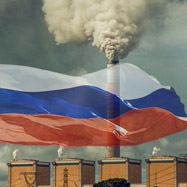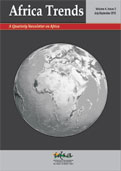Learning from Russia: Comparing Russian and Chinese Military Reforms
Understanding the Chinese Revolution in Military Affairs (RMA) has been a challenge for military thinkers and planners due to opacity and secrecy within the People’s Liberation Army (PLA). This article delves into the traditional relationship between the erstwhile Soviet (now Russian) and Chinese militaries and draw parallels between the two RMA. It argues that in many ways the Chinese RMA has followed the Russian RMA, which was driven by the latter’s experiences in modern wars in Georgia, Ukraine, Crimea, and Syria. The article concludes that the PLA has suitably modified the Russian military doctrines, reorganisation and restructuring as well as the induction of military equipment to suit the threats and challenges that confront it. Military thinkers and planners would do well to study the Russian RMA to extrapolate the future trajectory of the changes that are underway in the PLA.
- Mandip Singh
- October-December 2020







